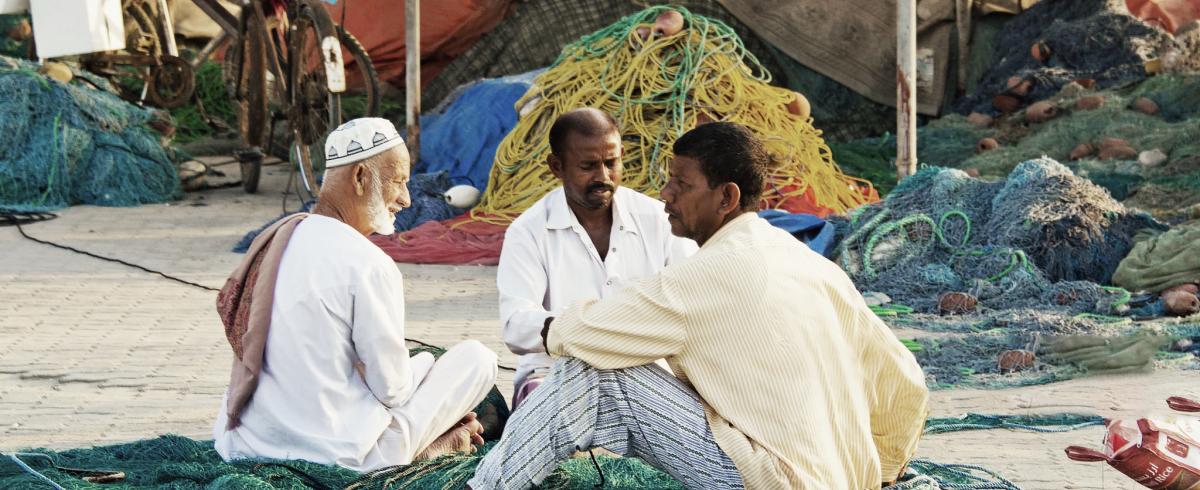
Categories to Explore
Welcome to the Resource Library. Here you will find a range of resources that you can use to support your small-scale fishery and community. Use the buttons above to browse resources by category or use the filters on the right to sort resources.
Small-Scale Fisheries: The Hidden Challenge Critical to the Future of Sustainable Seafood
Read about small-scale fisheries, the importance of fisheries management, and Fishery Improvement Projects (FIPs).
Effect of Holothuria scabra (Jaeger) on Particle Size Composition and Components of Sediment
To determine the effect of sea cucumbers on the sediment components and particle composition, hatchery produced juveniles of Holothuria scabra (sandfish) were raised in pens for one year.
Extension manual on production of quality catfish seed
This manual has been put together to assist extension workers and other trainers in facilitating and delivering improved technologies to catfish breeders to produce fast-growing and healthy fingerlings for profitable ventures.
Nutrient
FishNutrients predicts the nutrient composition of finfish species to develop fish nutrient profiles that can be used to inform national dietary guidelines and aquatic resource governance.
Tackling child labour in fisheries and aquaculture
This background paper presents the challenges, opportunities, and recommendations to tackle child labour in fisheries and aquaculture.
Responsible Shark and Ray Tourism: A Guide to Best Practice
Responsible Shark & Ray Tourism; A Guide to Best Practice is the first such guide to provide practical, science-based information for shark and ray tourism operators who want to offer the best possible experience to their customers, while conserving species and habitats and making a positive contribution to local communities. It provides guidance, and tools that can be tailored to local circumstances, enabling operators to improve the educational quality, safety, and sustainability of their businesses. It also gives practical information, based on the best available scientific data, to management authorities and others engaging with the industry.
A Practical Guide to the Effective Design and Management of MPAs for Sharks and Rays
This Guide has been produced to provide practical, science-based advice on how to maximize the effectiveness of both new and existing shark and ray MPAs, to ensure these animals are protected now and far into the future.
Rapid Assessment Toolkit for Sharks and Rays
WWF and the Centre for Sustainable Tropical Fisheries & Aquaculture (CSTFA) at James Cook University have developed the first Rapid Assessment Toolkit focused on sharks and rays. The Toolkit consists of practical and simple step-by-step guidelines for collecting basic information using six complimentary tools.
Linkages between the Voluntary Guidelines for Securing Sustainable Small-Scale Fisheries in the Context of Food Security and Poverty Eradication and the CFS Voluntary Guidelines on Food Systems and Nutrition
This brief is part of a series that brings attention to the mutually reinforcing nature of four global normative instruments developed through the Committee on World Food Security (CFS) and the SSF Guidelines. Their synergistic implementation can make a difference in enabling small-scale fisheries actors to contribute to sustainable food systems by providing highly nutritious food for local communities, and it can make a difference for consumers in national, regional and international markets.
Sustainable fisheries and aquaculture for food security and nutrition
This report addresses a frequently overlooked but extremely important part of world food and nutrition security: the role and importance of fish in seeking food and nutrition security for all. Fisheries and aquaculture have often been arbitrarily separated from other parts of the food and agricultural systems in food security studies, debates and policy-making.
